5 False Keto Diet Myths That Are Straight Up Ridiculous

We need to stop thinking bacon is the enemy.
The keto diet is a hot topic getting a ton of press for its amazing health and weight loss benefits. As a result, myths abound, including false comments from many low-carb critics who claim it’s “unsafe.” So, let’s debunk some of the popular keto diet myths!
Myth #1: Eating fat makes you fat.
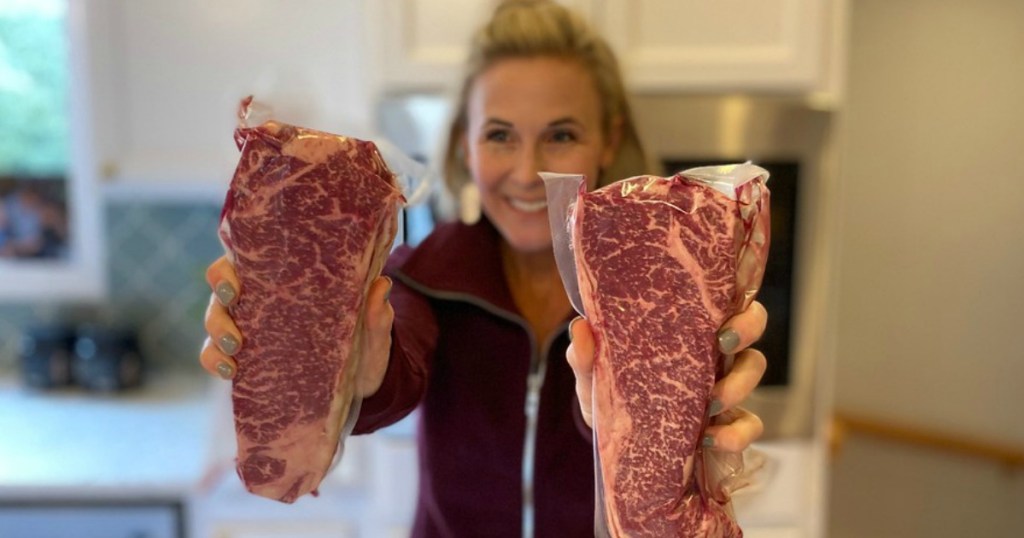
The body creates fat when our dietary intake of carbohydrates exceeds our storage capacity. A diet high in fat and low in carbohydrates can encourage weight loss in the following ways:
- Increases satiety leading to reduced hunger pains and overeating — a.k.a. you’re fuller longer.
- Balances hormones that cause false hunger cues and the inability to burn fat — helps trigger the ketosis process.
- Utilizes our stored fat as a primary energy source resulting in weight loss — this is where the magic happens!
Eating fat alongside lowering carbs tells the body to burn more fat!
Myth #2: Ketosis is dangerous and life-threatening.
The threat of ketoacidosis is one of the biggest misunderstandings surrounding the ketogenic diet. Ketosis and ketoacidosis are entirely different conditions, not even in the same ballpark!
Nutritional ketosis is a natural process when your body is safely using fat as its primary fuel source and is not harmful or dangerous.
Diabetic ketoacidosis is a life-threatening condition experienced by Type 1 and late-stage Type 2 diabetics who are unable to produce or use insulin. Ketoacidosis causes an extreme elevation in ketones in addition to a very high elevation of blood sugar.
Myth #3: Carbohydrates are essential.
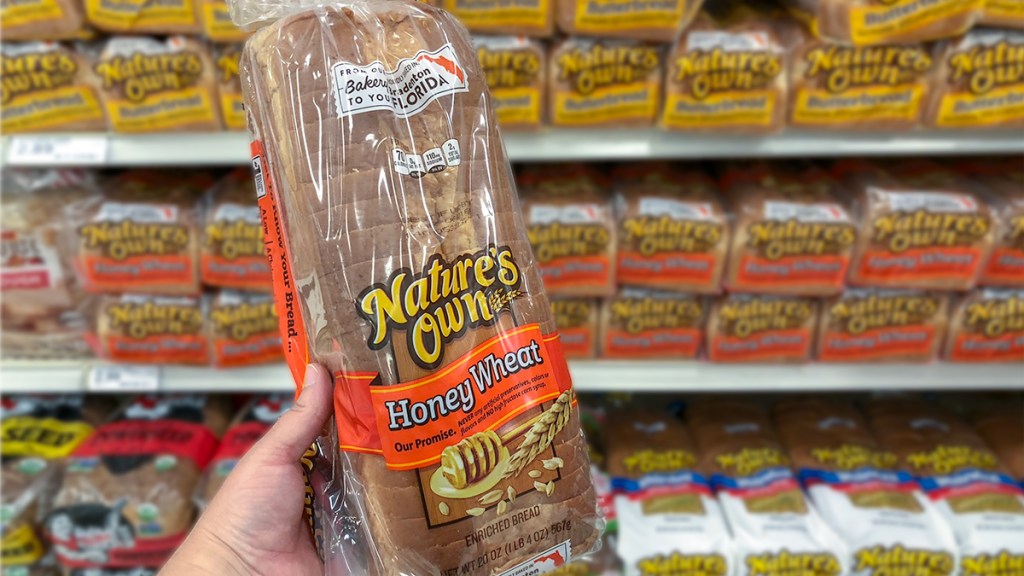
Ok, let’s get something straight: there are certain nutrients that our bodies cannot make. We must consume these in our diet to maintain normal body function — thus we call these nutrients “essential.” However, carbohydrates are not one of them.
Yes, there are a small set of systems in our bodies that do require carbs to function, but our bodies can turn on this magical process to make what it needs called gluconeogenesis… gluco-neo-whato?? This literally translates to “the making of [genesis] new [neo] sugar [gluco]”. Ta-da!
Myth #4: The keto diet causes nutritional deficiencies.

Honestly, this is funny to me as I find more nutritional deficiencies in the typical American diet than in those who are fat-fueled. When done correctly, keto is one of the most nutritious diets out there. A well-formulated ketogenic diet contains ample healthy vitamin/mineral-packed fats, proteins, vegetables, and some fruits. Any nutrient we miss from limiting carbs can be obtained from other healthy food sources while still eating a keto diet.
Myth #5: Keto diet raises cholesterol and increases the risk of heart disease.

A very big misconception out there is that cholesterol is “bad.” This couldn’t be further from the truth. Did you know the majority of the cholesterol in our blood is created by our own bodies? And in fact, if we eat less of it, our bodies just make more! Research has revealed that lowering your cholesterol levels through dietary intervention does not reduce your risk of death from coronary heart disease.
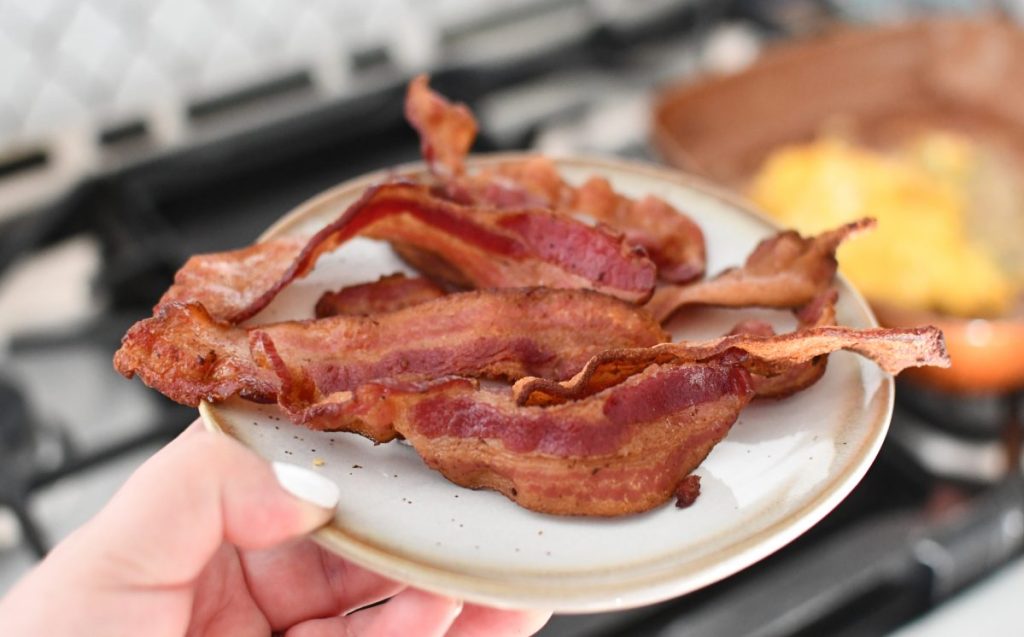
There’s a lot of misinformation out there regarding the health benefits of keto and this typically stems from a lack of research and education, even by many of our trusted healthcare professionals. Fortunately, there is research to debunk the false keto diet myths. Stay tuned for more keto myth busters!
Want to learn more about keto? Check out this article on why the keto diet is completely healthy and safe.




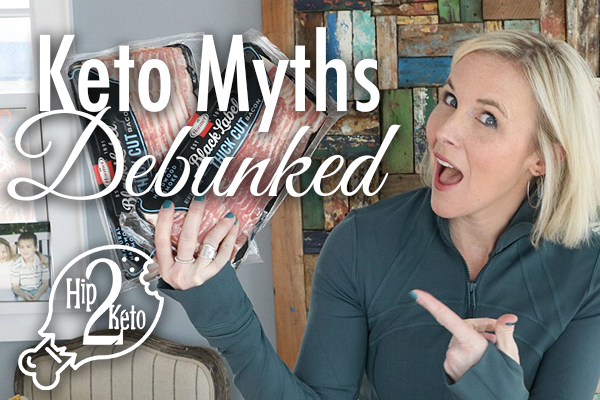
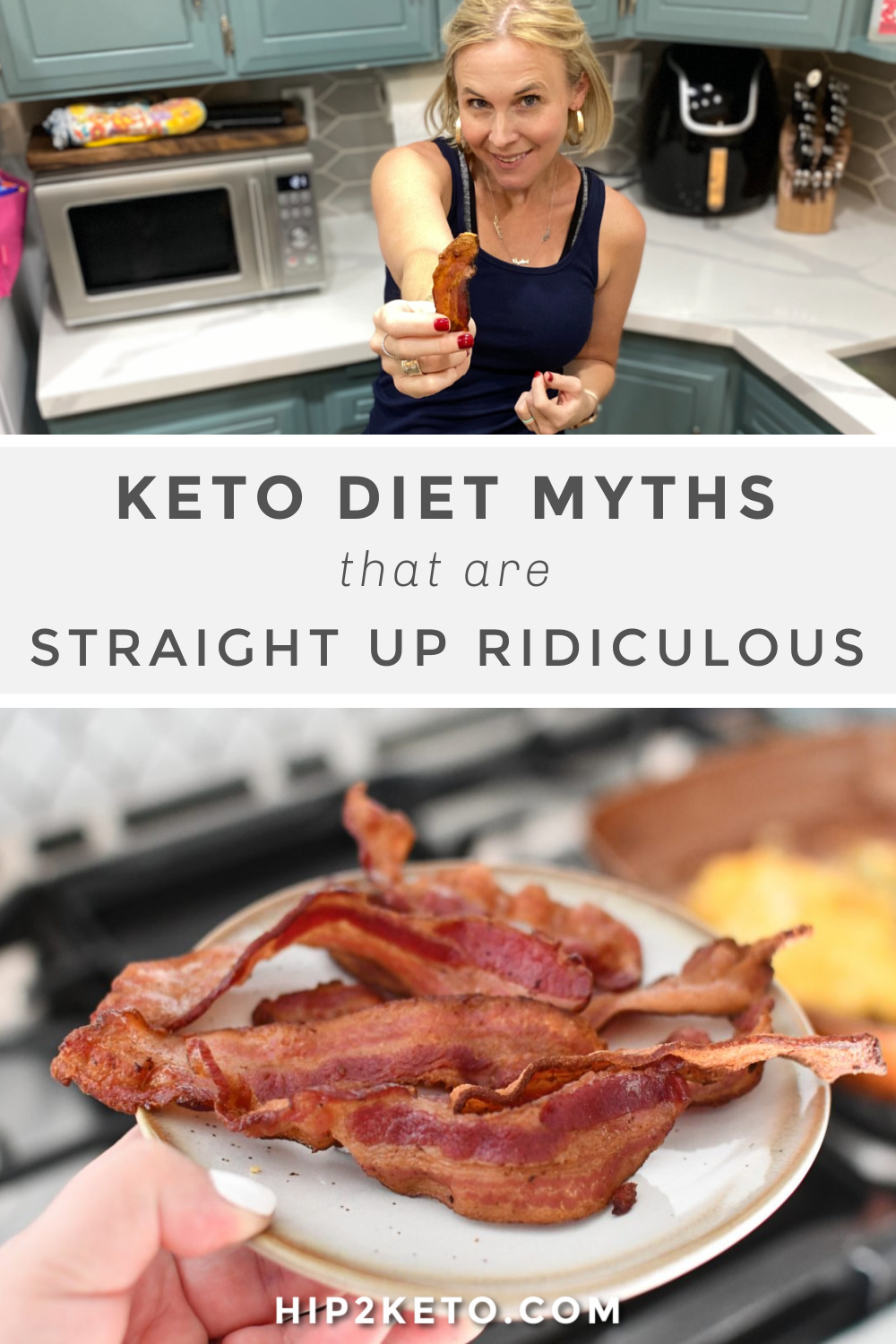
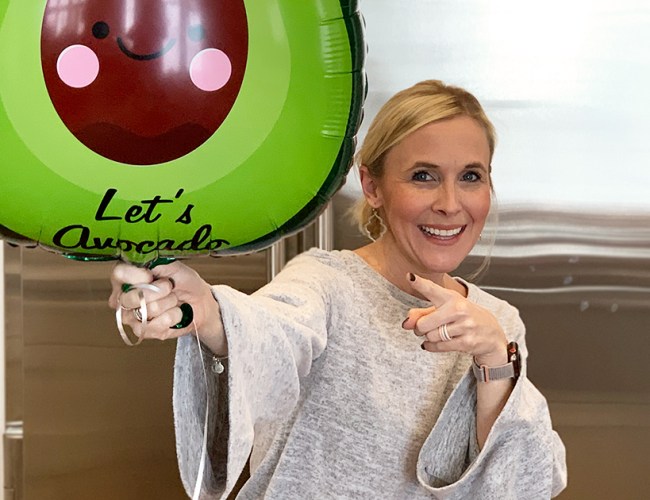
Thanks for sharing–I shared this post with family members who insist that I need carbs. No thank you– I feel better than I ever have with out carbs and sugar in my system. I think it’s a shame that there are doctors and intuitions that still push the low fat fad of the 90’s. There is so much current research that backs up how healthy it is to cut the carbs and sugar.
You’re very welcome, Molly! SO glad you are feeling GREAT eating Keto! 🙂
Hey there! I was wondering if you increase your carbs after you’ve been keto for a while? I’m curious to know what you carb goal/number is per day?
Hi there! People who follow Keto for some time to tend to slowly and incrementally increase carbs, especially as they get closer to their weight loss goals. This will vary according to the person and their weight loss journey, of course! Hope that helps!
Jeff Volek is a dietitian-researcher (RD-PhD) and athlete who has been on a truly ketogenic diet (not just low carb, but measurable ketone production) for many years. Some people do well on it and choose to make a lifetime commitment (and some may not–there’s a lot of research that indicates it may not be for everyone, so it’s important to follow H2K’s advice about consulting your healthcare team).
Volek has published several books with his doctor-researcher colleague, Stephen Phinney, MD-PhD. Titles of their work include “The Art and Science of Low Carbohydrate Living,” “The Art and Science of Low Carbohydrate Performance,” and “New Atkins for a New You.” These resources do a great job of explaining the technical aspects of the keto/LCHF/Atkins lifestyle.